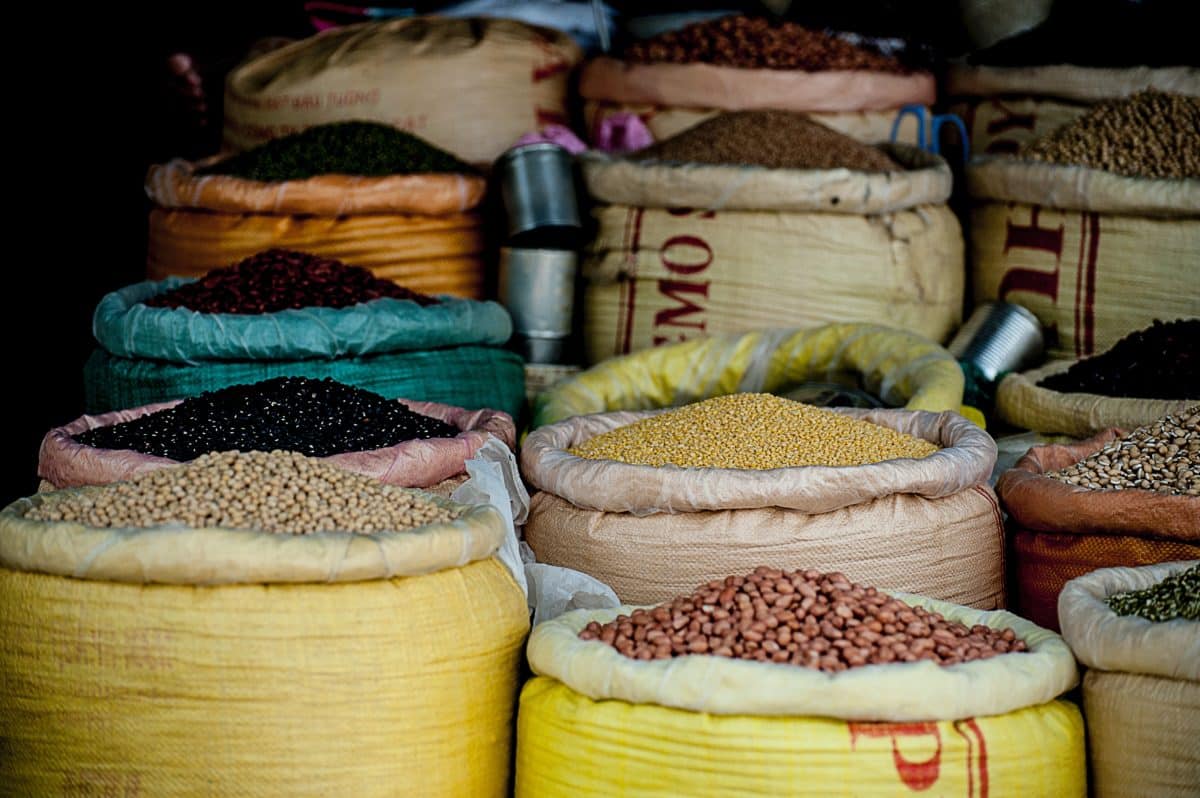
How Does Agriculture Affect Climate Change?
Agriculture, a crucial sector for sustaining human life, profoundly impacts the environment. The latest Intergovernmental Panel on Climate Change (IPCC) report highlights that agriculture, forestry, and other land use contribute to 22% of global greenhouse gas emissions, significantly contributing to climate change. This article examines the key greenhouse gases emitted by the farming sector and explores the question, “How does agriculture affect climate change?”
Impact of Agriculture on Greenhouse Gas Emissions
The agricultural sector is responsible for the release of three major greenhouse gases: carbon dioxide (CO2), methane (CH4), and nitrous oxide (N2O). CO2 emissions stem from deforestation, land clearing for agriculture, and soil degradation. As forests are cleared to make way for agricultural activities, carbon sinks are depleted, increasing atmospheric CO2 levels. Similarly, unsustainable farming practices cause soil degradation and subsequent release of CO2 into the atmosphere. Methane, another potent greenhouse gas, is produced during various agricultural activities. Processes such as livestock enteric fermentation, farm waste mismanagement, biomass burning, and energy usage generate it. Livestock alone contributes to a significant portion of methane emissions.
Nitrous oxide emissions, primarily from fertiliser usage, pose a significant challenge. Fertilisers applied to crops release nitrous oxide, contributing to climate change. Moreover, the use of synthetic fertilisers exacerbates the problem by releasing additional CO2 during the manufacturing process.
Addressing the Challenges
Innovative approaches such as agricultural engineering and smart agriculture are emerging to mitigate the impact of agriculture on climate change. Agricultural engineering focuses on developing sustainable farming techniques, including precision agriculture, efficient irrigation systems, and renewable energy integration. These advancements help minimise emissions and optimise resource usage. Services in agriculture play a crucial role in supporting sustainable practices. Extension services provide farmers with the knowledge and tools to adopt climate-smart strategies, such as agroforestry, crop rotation, and organic farming. These methods enhance soil health, reduce greenhouse gas emissions, and improve agricultural resilience.
In conclusion, it is crucial to address the impact of agriculture on climate change and ask ourselves, “How does agriculture affect climate change?” Agriculture’s contribution to global greenhouse gas emissions is significant, making it essential to understand the key gases emitted by the sector and adopt sustainable practices, such as agricultural engineering and services. Doing so can reduce agriculture’s environmental footprint and pave the way for a more sustainable and resilient agricultural sector. Embracing smart agriculture and promoting climate-smart strategies will help combat climate change and ensure food security for future generations.
The post How Does Agriculture Affect Climate Change? appeared first on FinanceBrokerage.




















